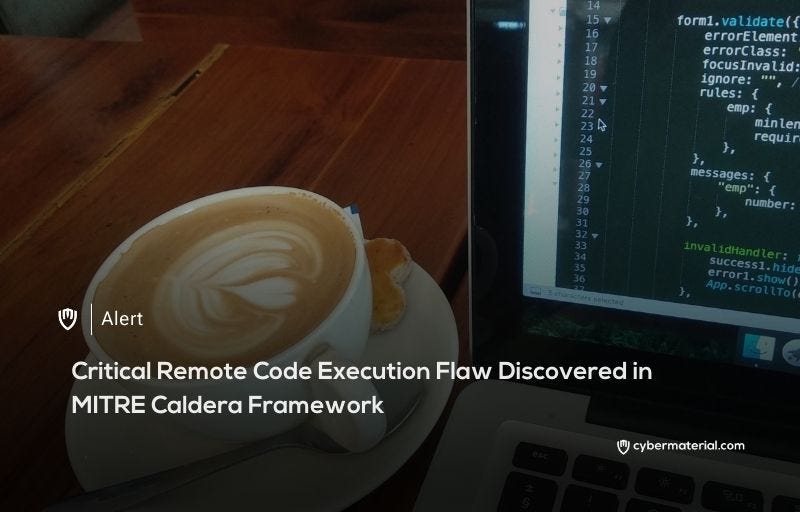
A critical remote code execution (RCE) vulnerability, identified as CVE-2025-27364, has been discovered in MITRE Caldera, a widely used adversarial emulation framework. The flaw affects all versions …

A critical remote code execution (RCE) vulnerability, identified as CVE-2025-27364, has been discovered in MITRE Caldera, a widely used adversarial emulation framework. The flaw affects all versions …